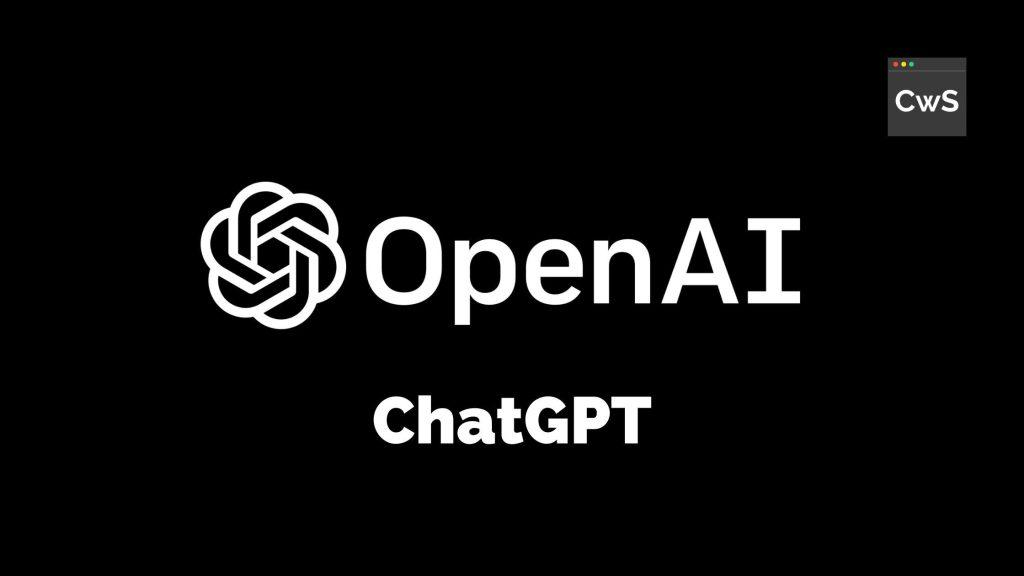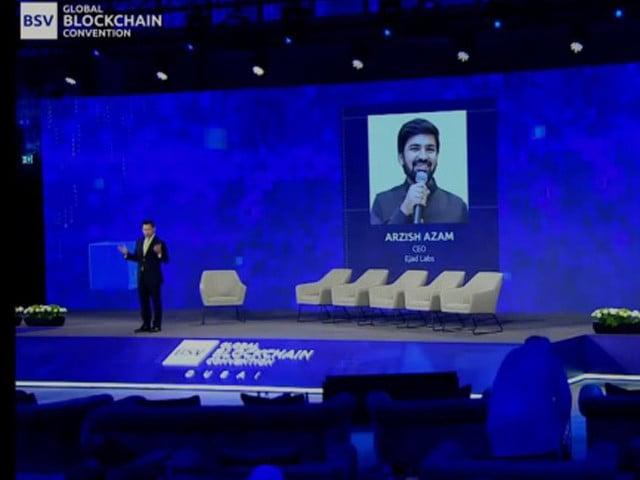Wolfspeed (WOLF.N) has postponed its $3 billion plant project in Germany, underscoring the European Union’s challenges in boosting semiconductor production and reducing dependence on Asian chips. The plant, intended for Saarland and set to manufacture chips for electric vehicles, remains under consideration as the company seeks funding, according to a spokesperson.
Following a reduction in capital expenditure due to weak EV markets in Europe and the U.S., Wolfspeed, based in North Carolina, is prioritizing production ramp-up in New York. Construction in Germany is now delayed until at least mid-2025, two years later than initially planned. This postponement comes amid pressure from an activist investor to enhance shareholder value after a 51% drop in Wolfspeed’s stock over the past year.
Companies like Intel (INTC.O), TSMC (2330.TW), Infineon (IFXGn.DE), STMicroelectronics (STMPA.PA), and GlobalFoundries (GFS.O) announced new European plant projects following the EU’s launch of its Chips Act in 2022. The legislation aims to gather 43 billion euros ($47 billion) in public and private investments to fortify the region’s semiconductor industry.
Drafted in response to the global semiconductor shortage caused by the COVID-19 pandemic, the Chips Act was intended to boost Europe’s production of advanced chips. However, two years later, few projects have commenced construction, and even fewer have secured European Commission approval for state aid, essential for financial viability.
Achieving the EU’s goal of capturing 20% of the global market share by 2030 seems unlikely, according to Jan-Peter Kleinhans, a chip expert at German tech and politics think tank Interface. Kleinhans points out that self-sufficiency is impractical due to the interconnected nature of chip markets, leaving Europe susceptible to market shocks.













